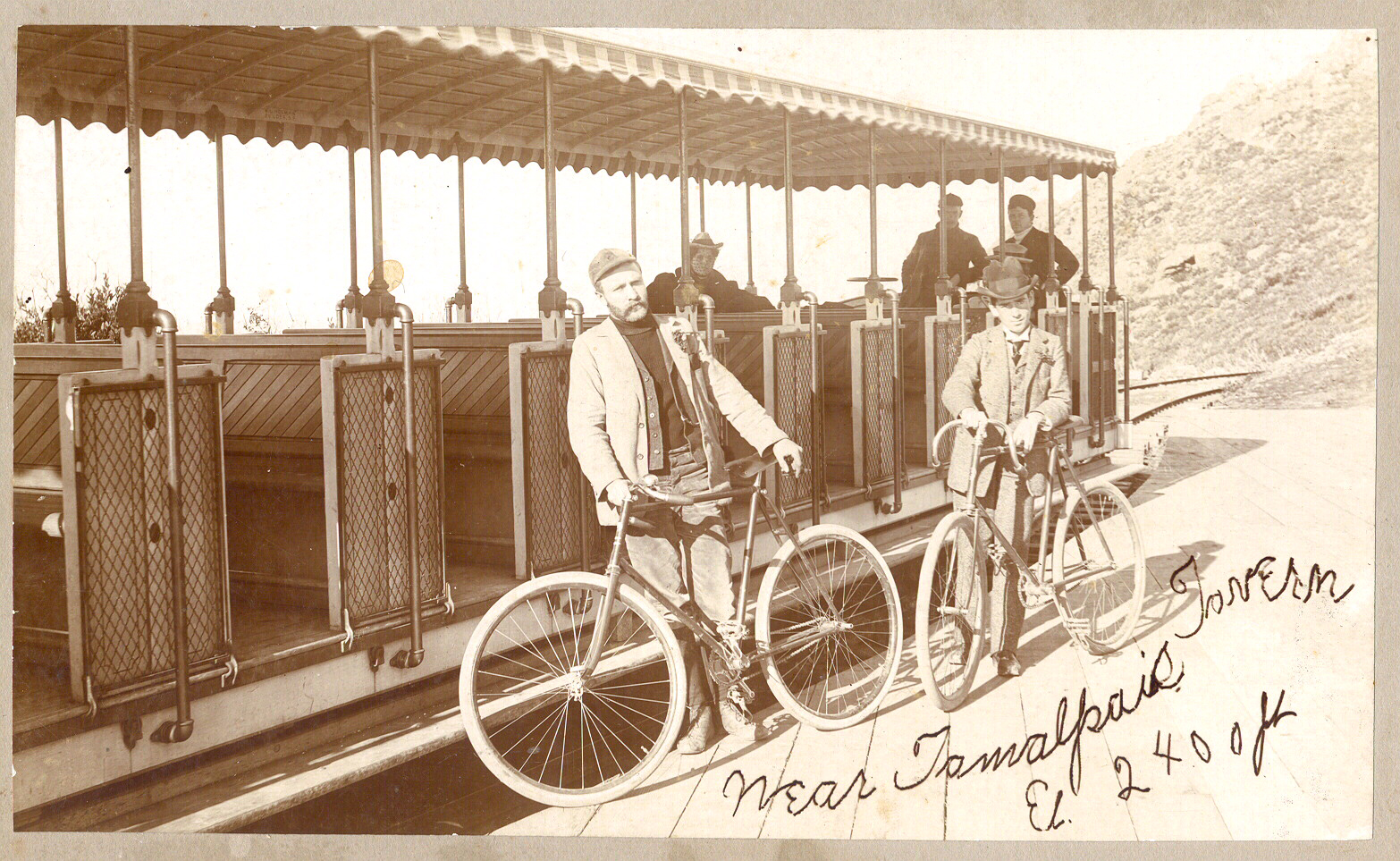i think it’s simple.
touring is a long ride, multiple days, with a generally set route that typically involves mostly paved roads, or at the very least known and improved paths.
adventure is the unknown, adverse conditions like snow, rain, ice, rough terrain, camping, unimproved connections between known or unknown points, etc.
if i plan a route to los angeles and ride it over 3 or 4 days, that’s touring. millions have done it, and while it may involve difficult climbs and unpaved sections it’s entirely known, knowable, predictable, definable - even the weather, especially in coastal california.
if i ride off towards the sierra with an idea of reaching one high altitude alpine lake or another, far off the beaten path, with a couple bags full of gear and no clearly defined and known (or at least not 100% sure) path to get there, that’s adventure cycling.


